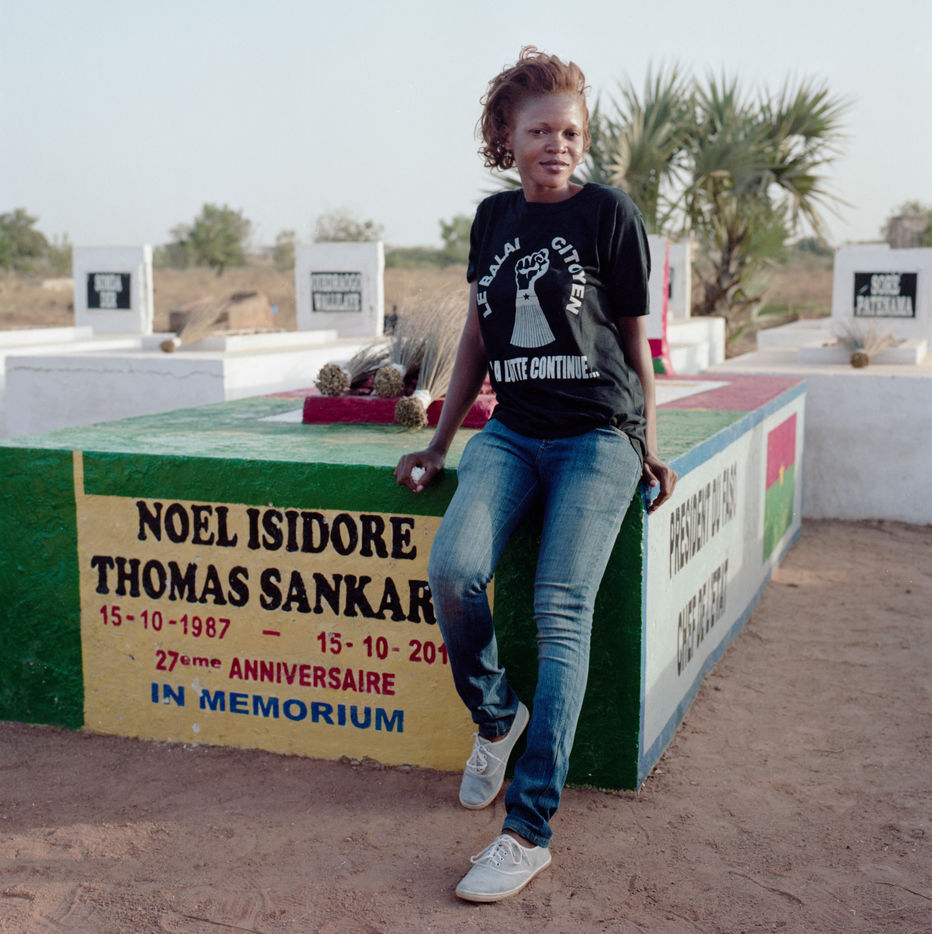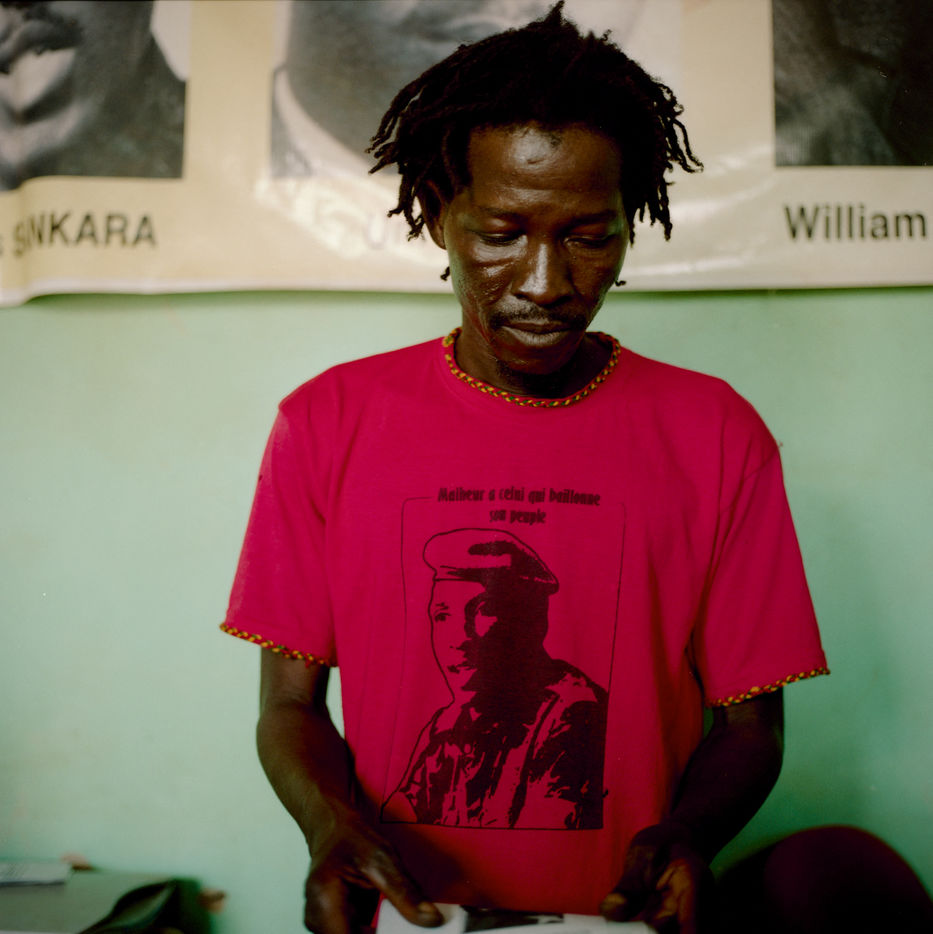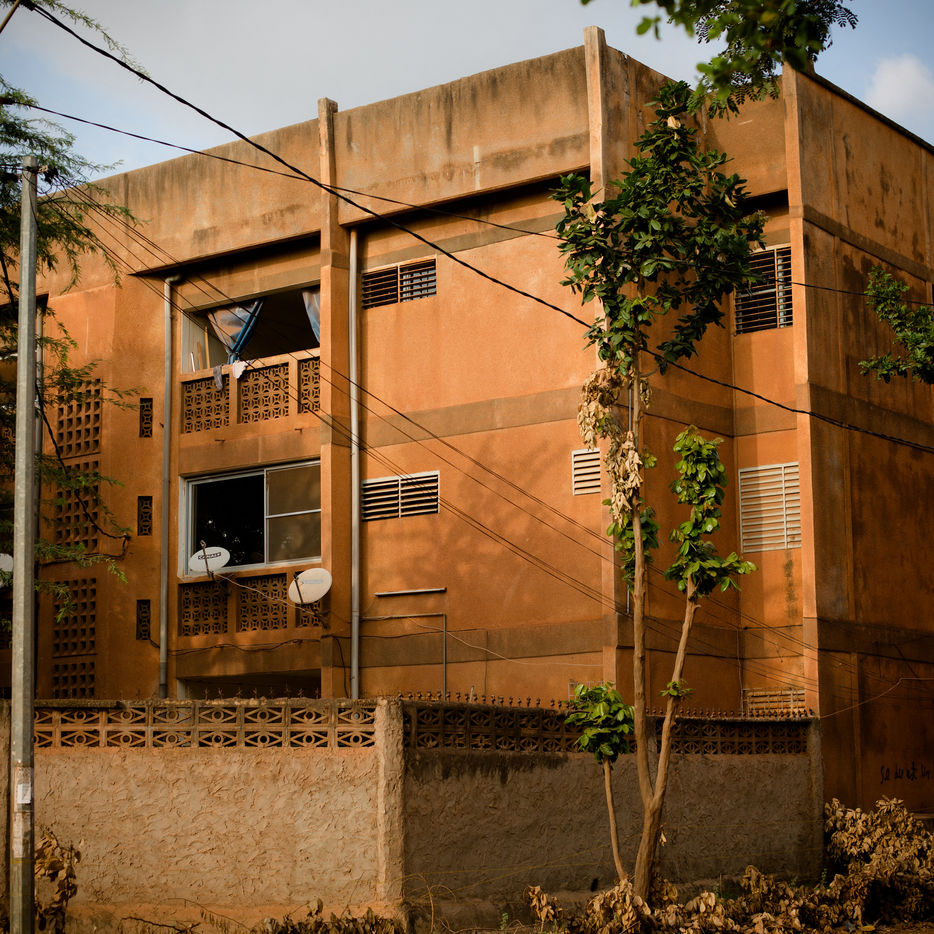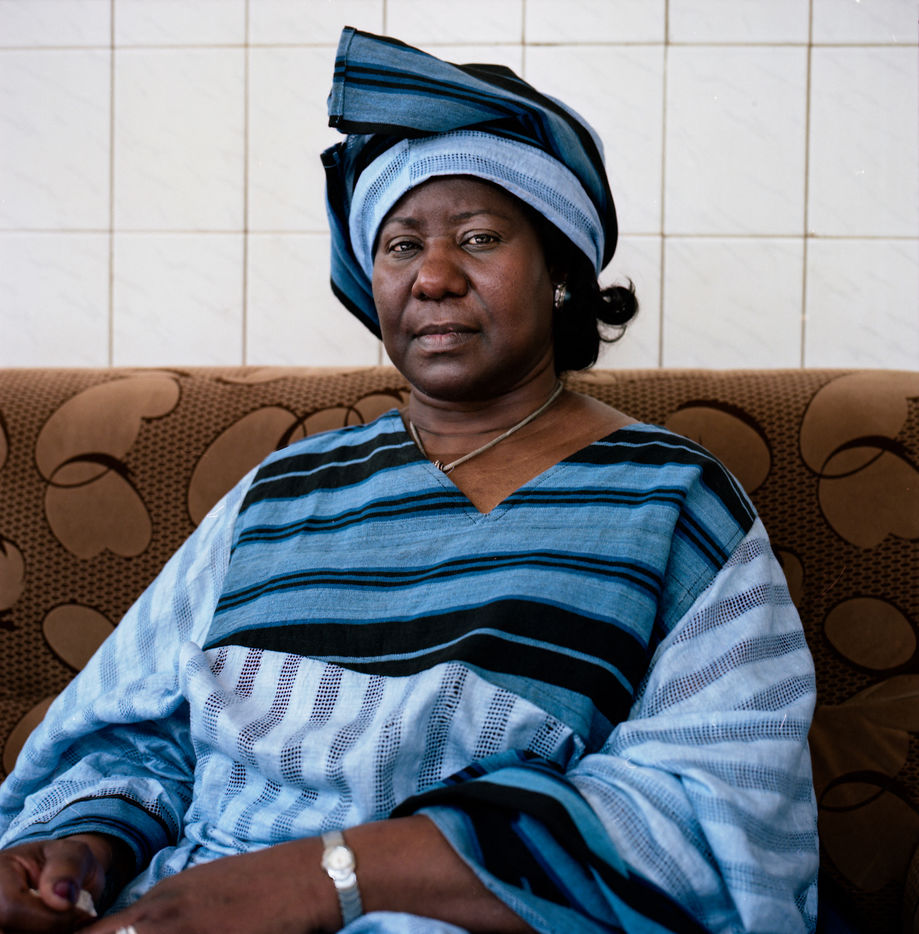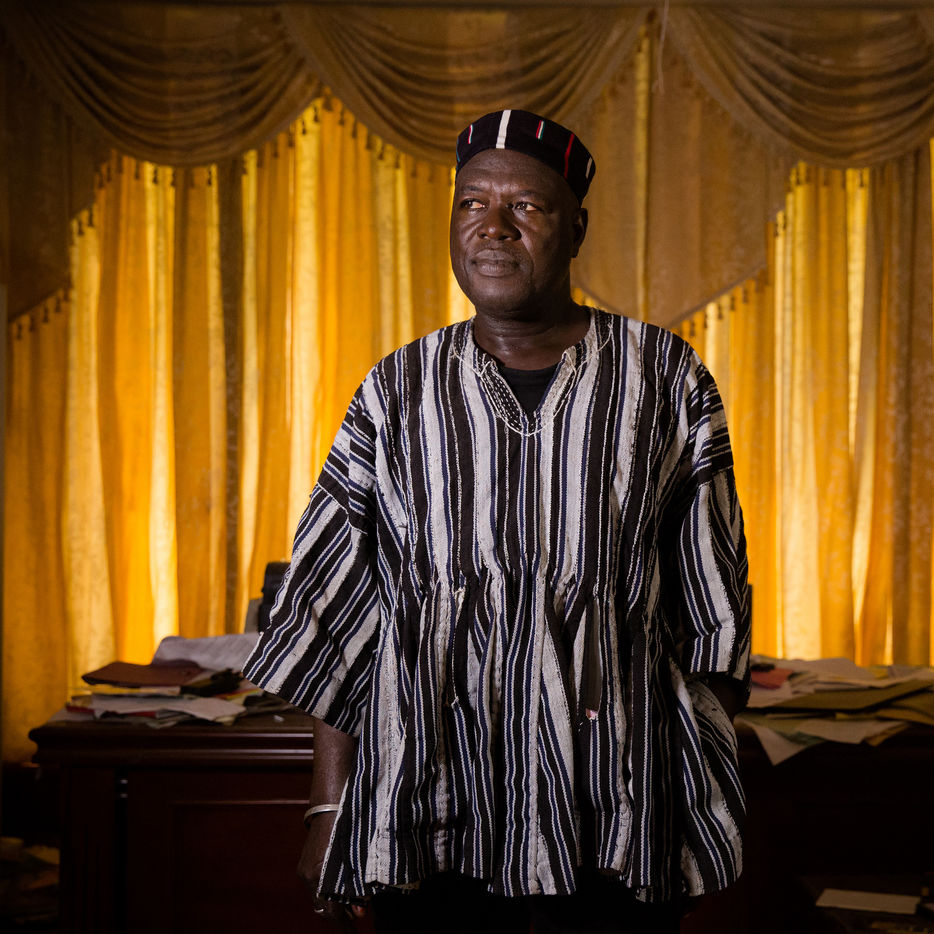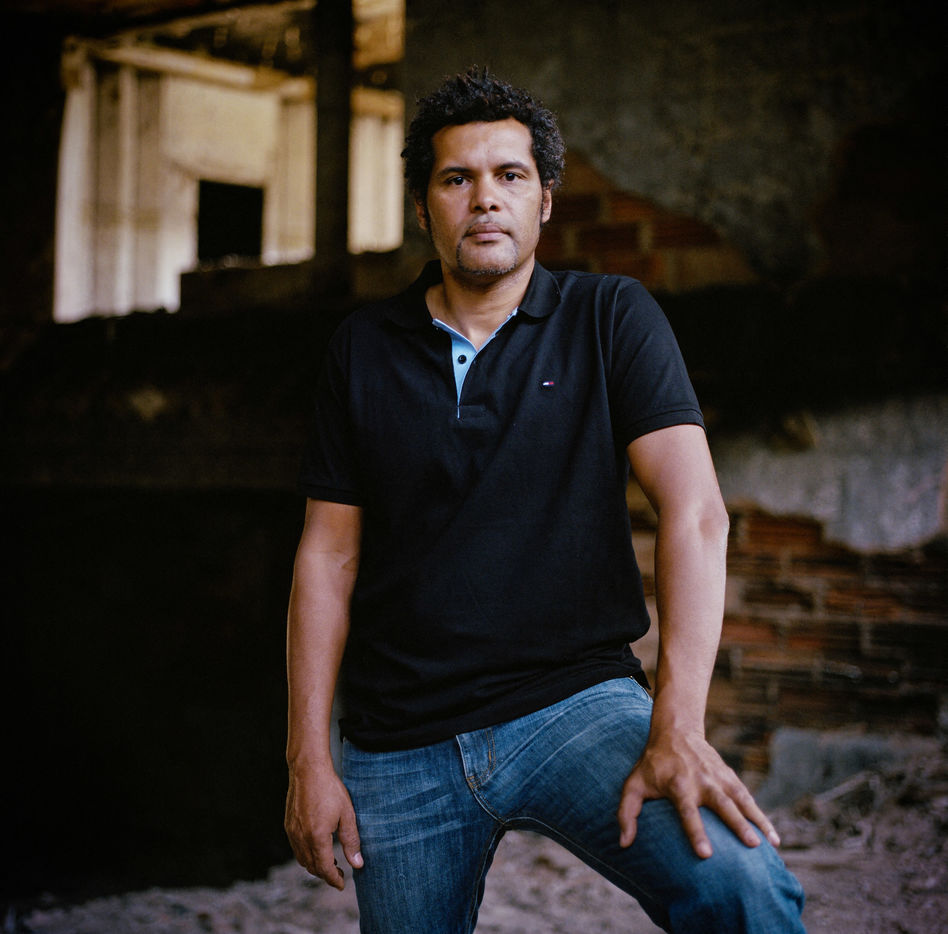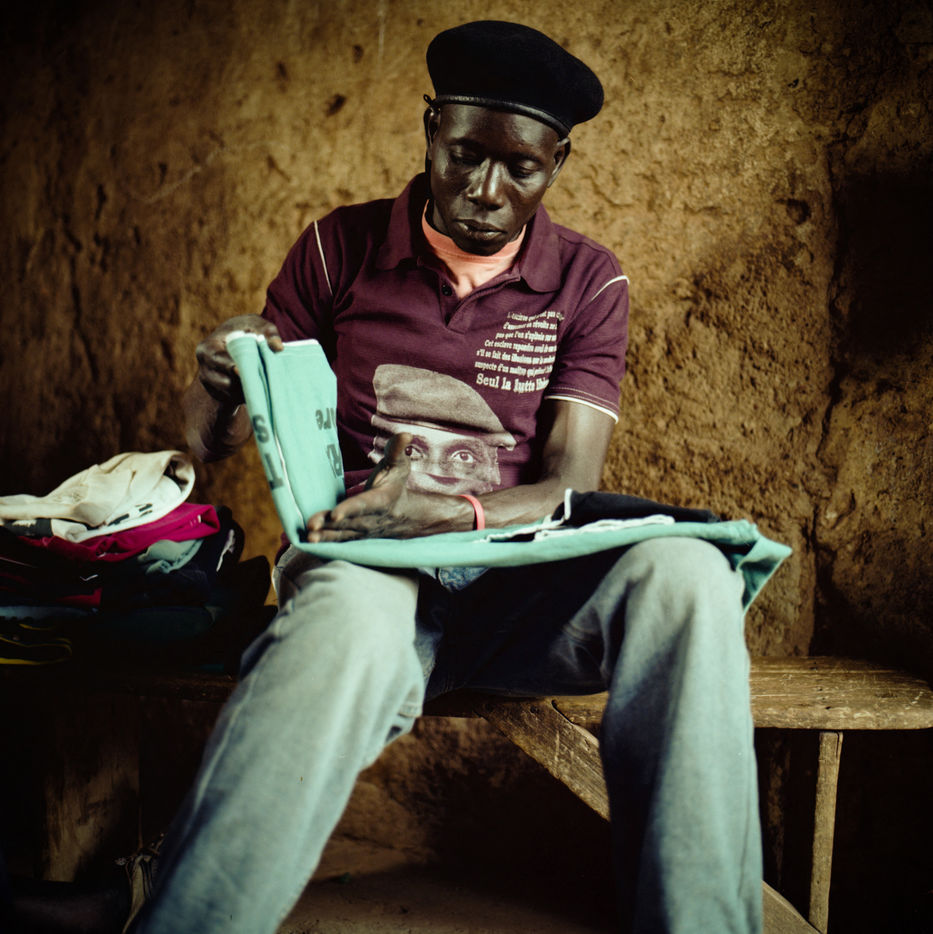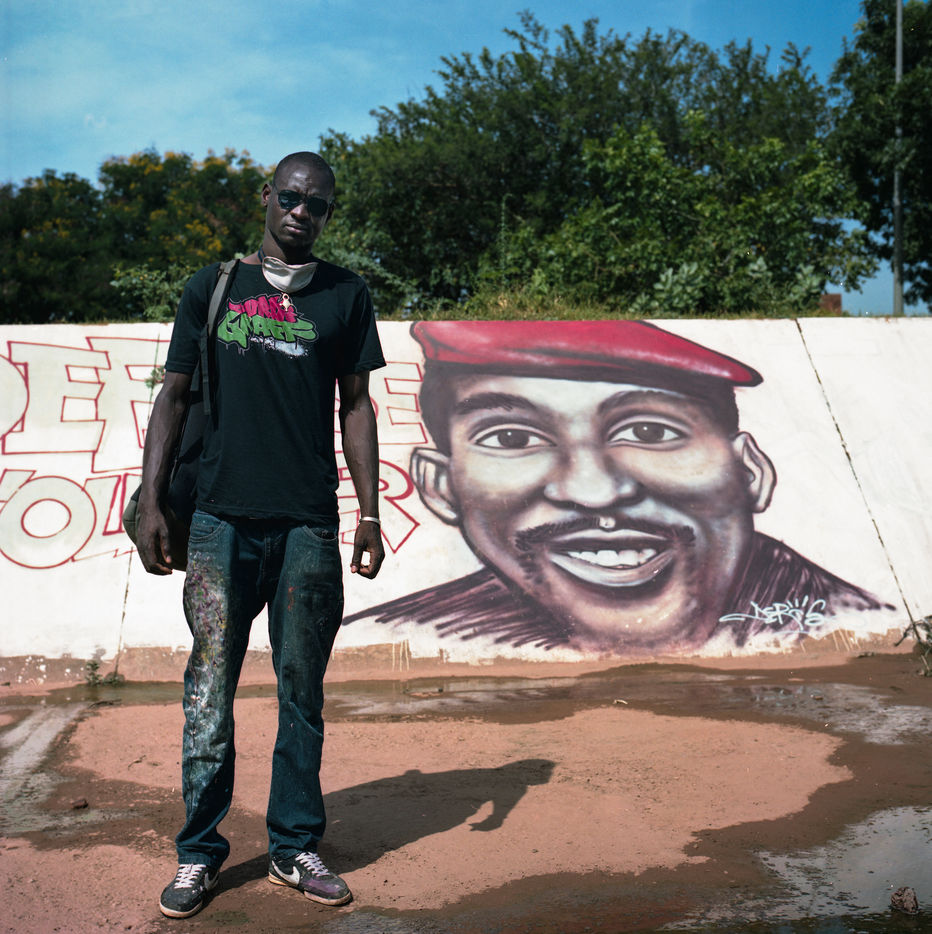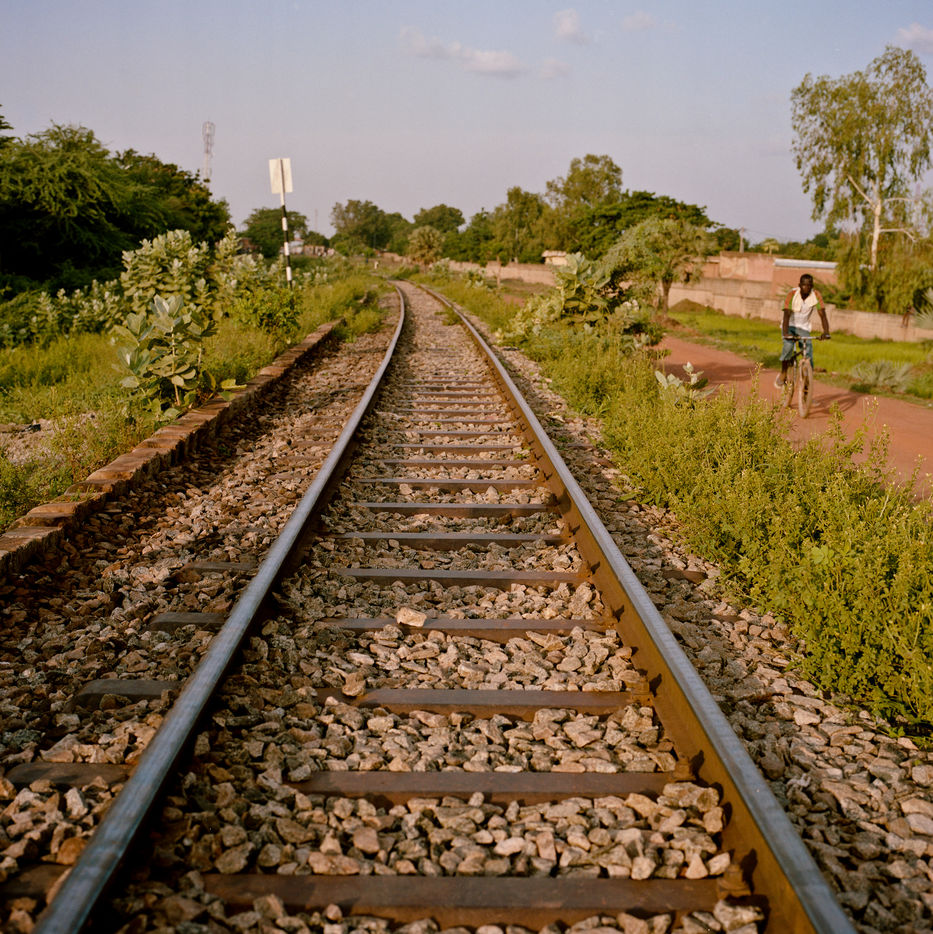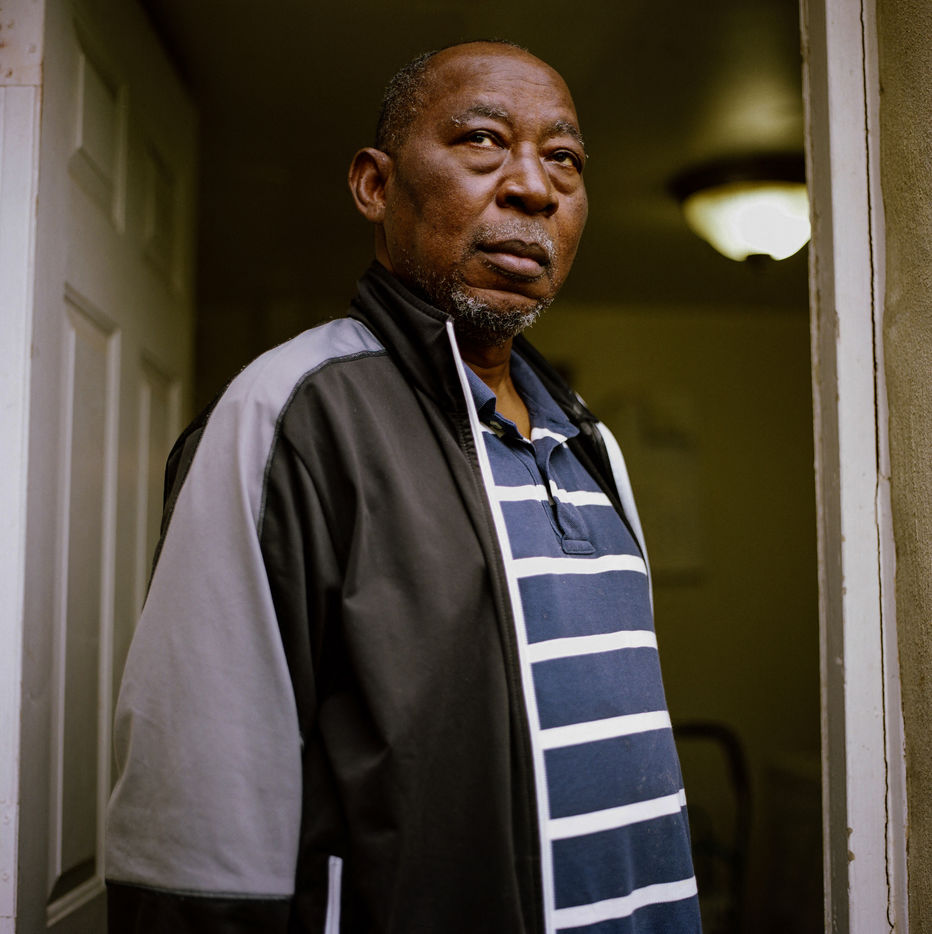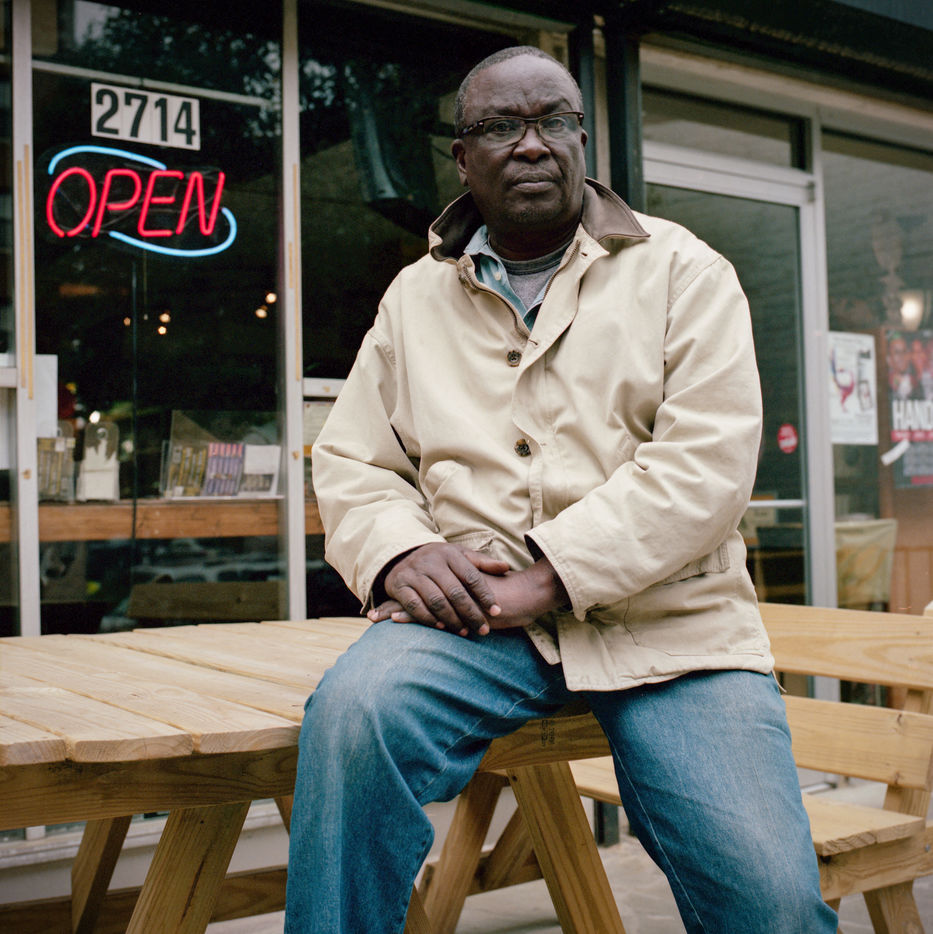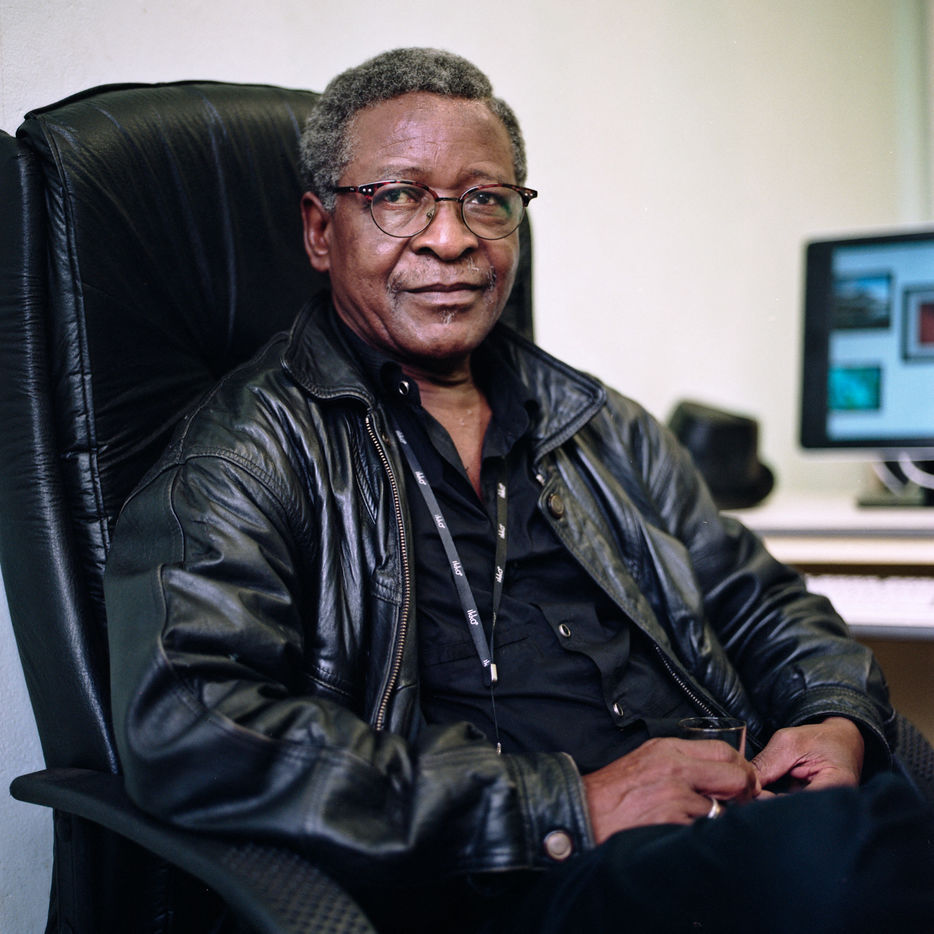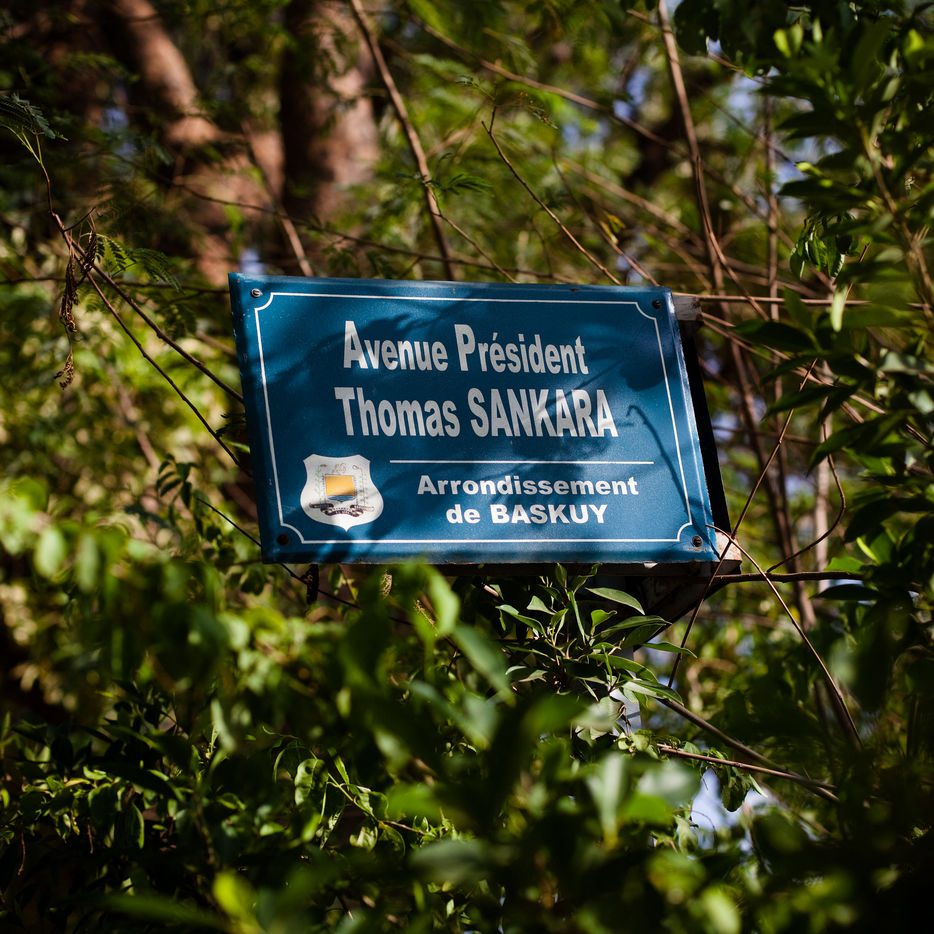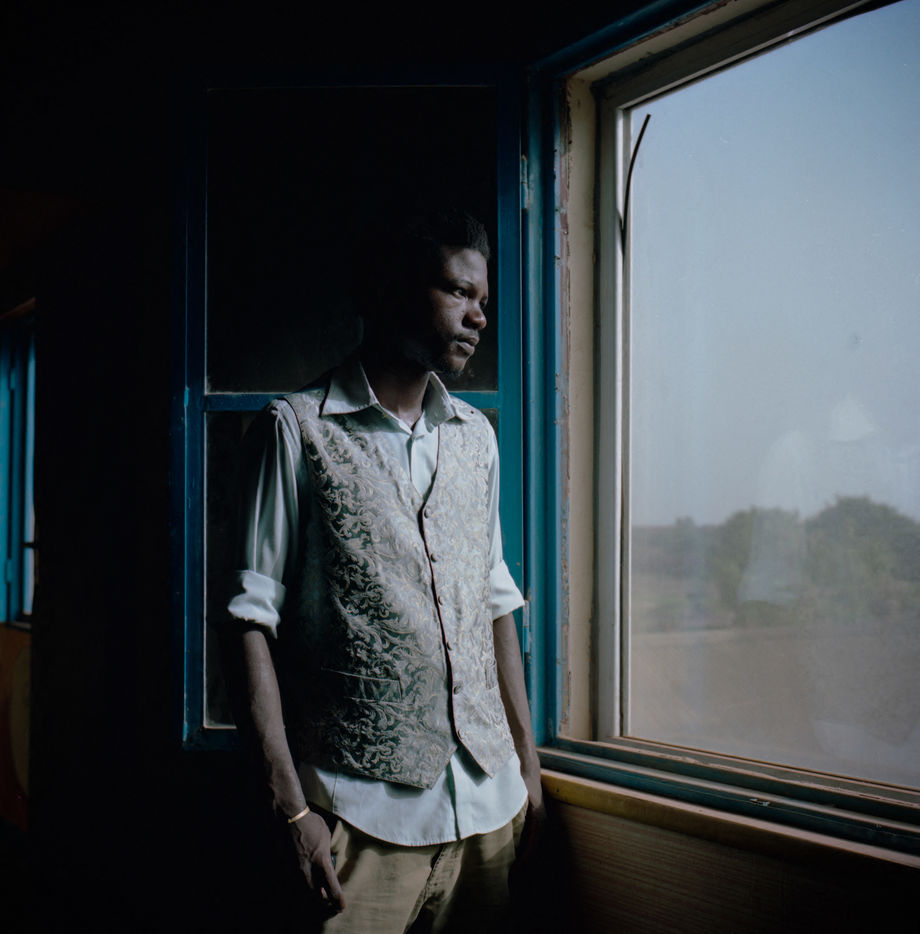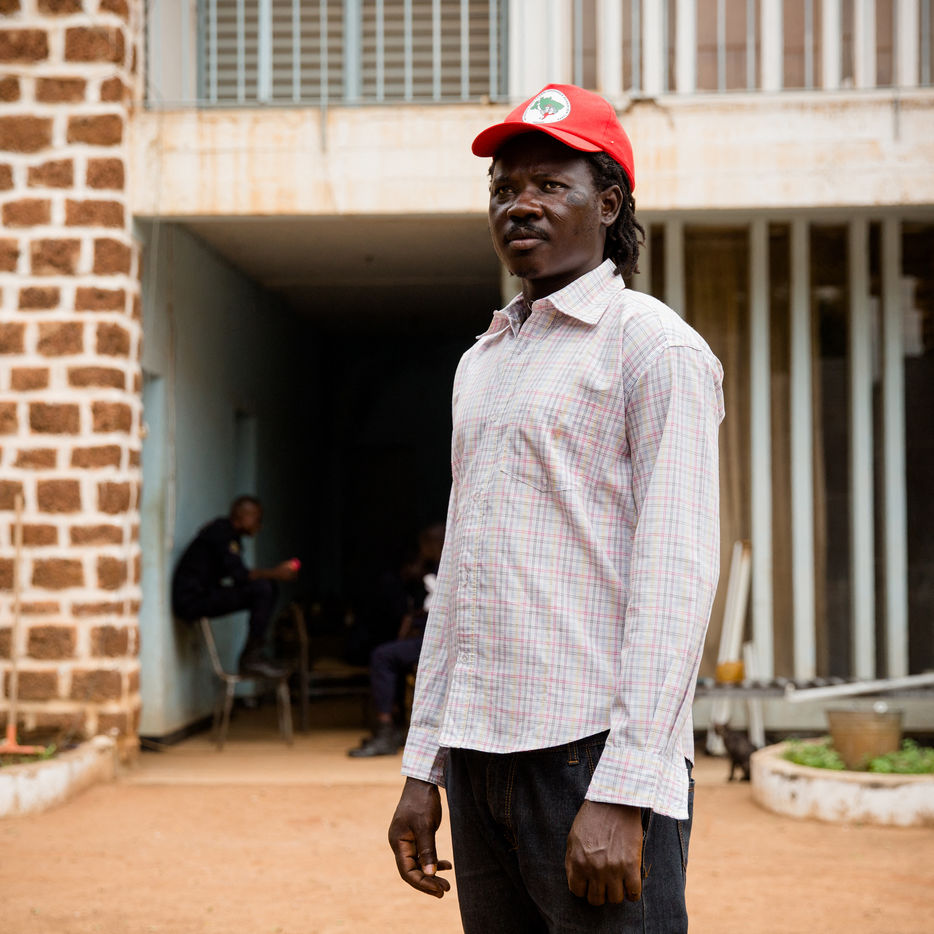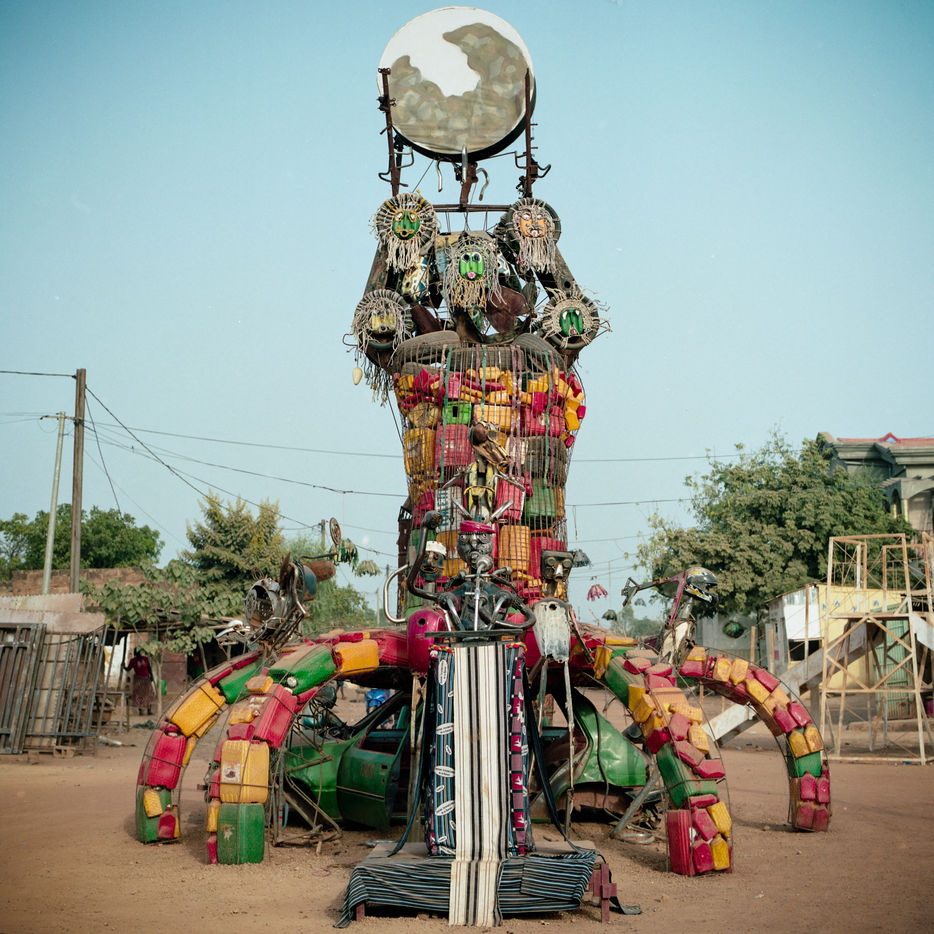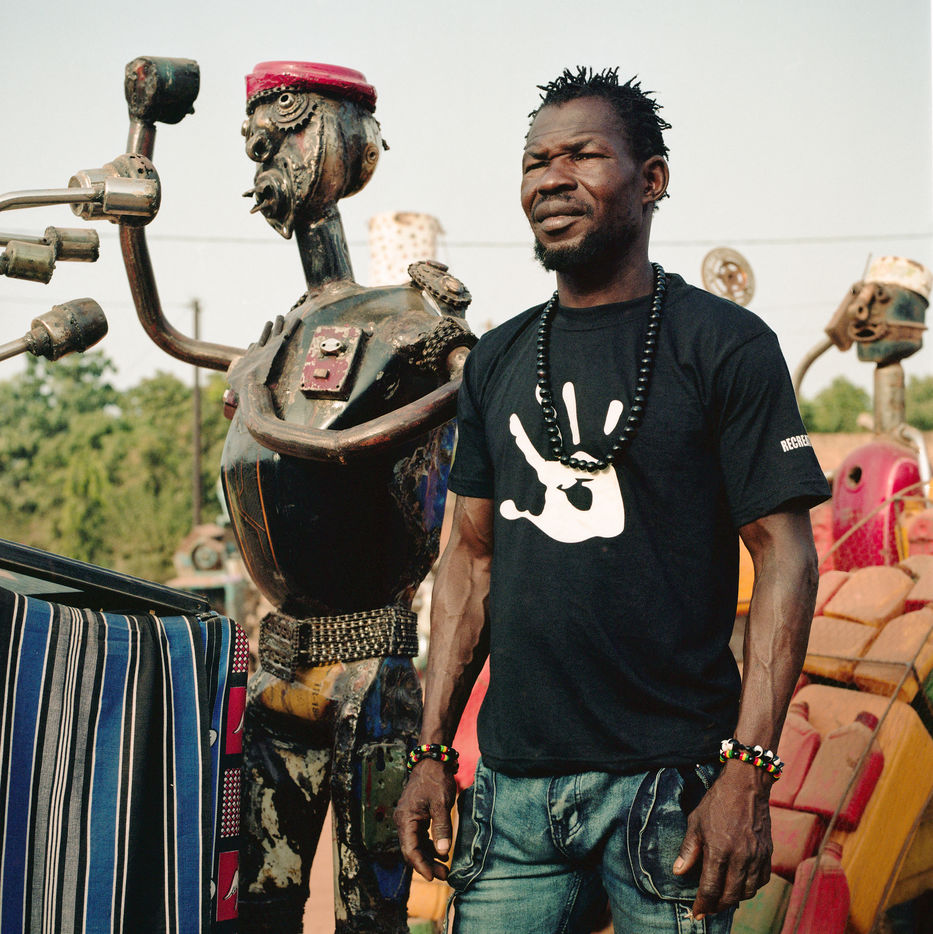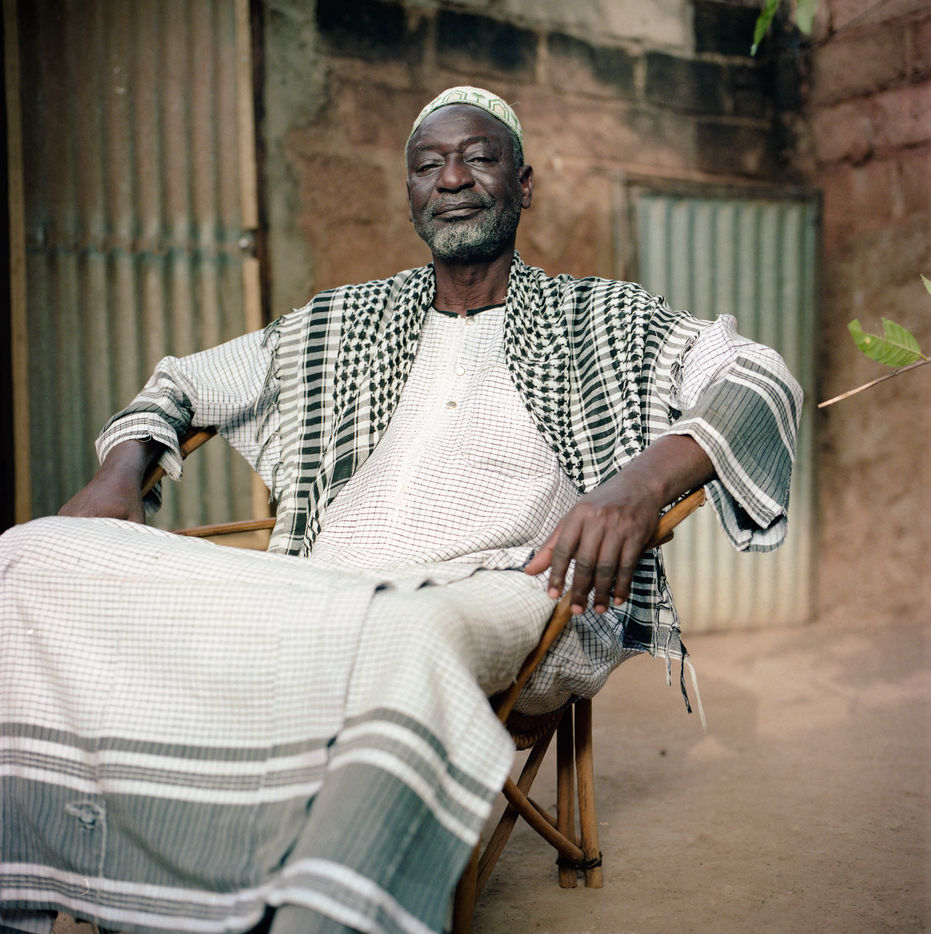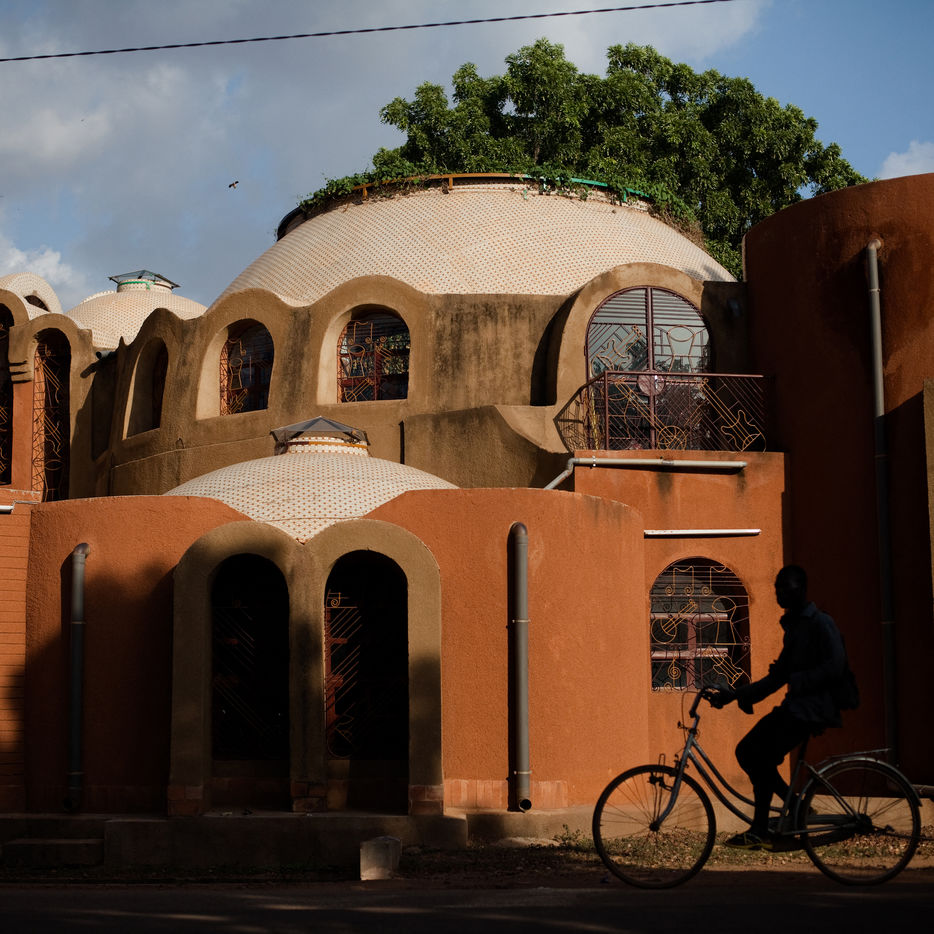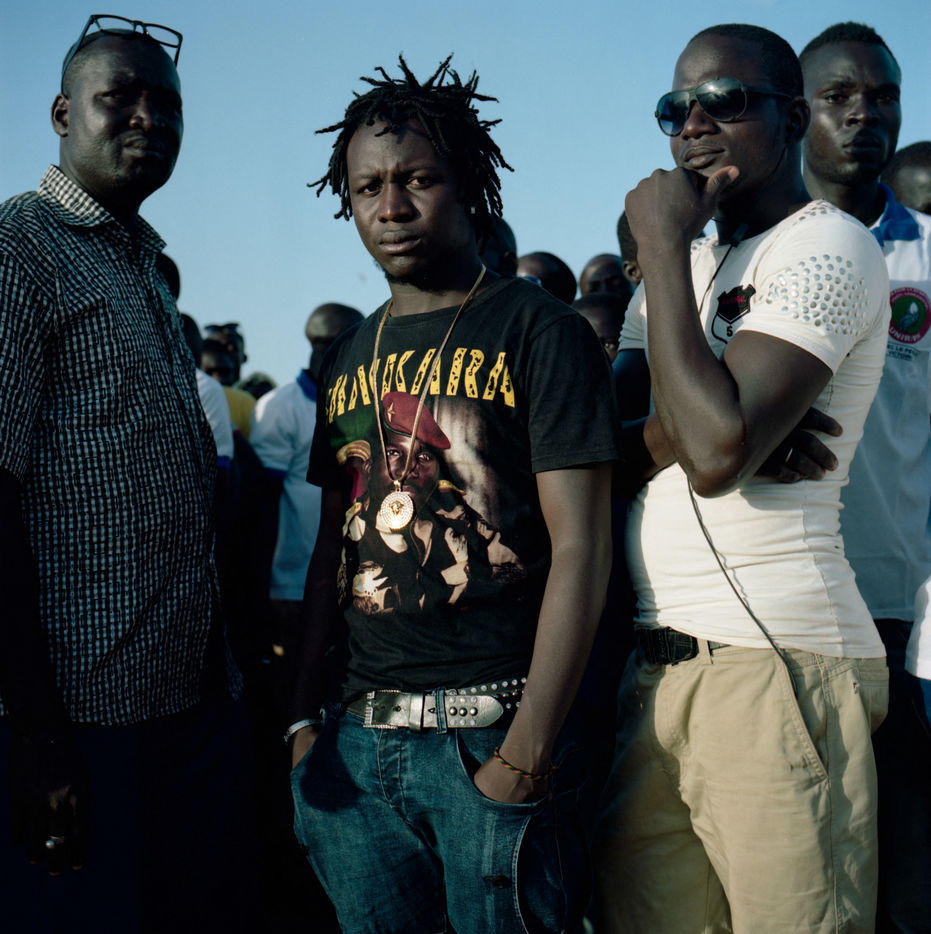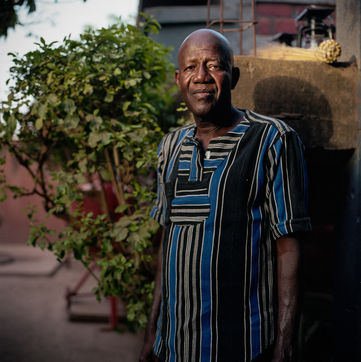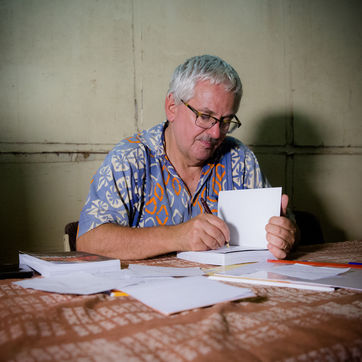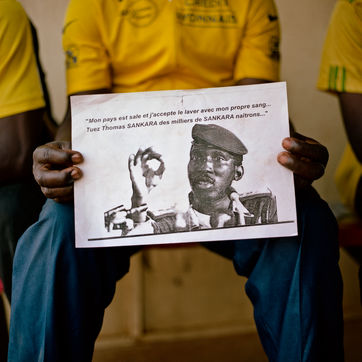Sankara Debout
Thomas Sankara, jeune capitaine révolutionnaire ambitieux, a dirigé le Burkina Faso à partir de 1983 en lui donnant son nom actuel : "le pays des hommes intègres".
Son assassinat le 15 octobre 1987 permit à l'époque à Blaise Compaore, son ami, d'accéder au pouvoir, jusqu'à l'insurrection populaire du 30 octobre 2014 qui mit fin à son règne. Lors de cette insurrection, de jeunes manifestants rassemblés devant l'Assemblée Nationale en feu hurlaient le nom de Sankara, se revendiquant comme ses fils: "debouts".
35 ans après son assassinat, malgré tous les efforts du régime Compaore pour l'effacer des mémoires, comment Thomas Sankara est-il resté dans les coeurs et les esprits des burkinabè ? Alors que la plupart d'entre eux n'étaient pas né avant sa mort, pourquoi tant de jeunes africains lui vouent une admiration sans borne ? Pourquoi ses idées restent d'actualité aujourd'hui selon eux ? Pourquoi son histoire reste peu connue en Occident malgré la ré-ouverture de l'enquête sur son assassinat ?
Pour comprendre l'attachement des burkinabè à cet ambitieux capitaine et évoquer un moment d'histoire particulier en Afrique de l'Ouest, ce projet documentaire repose sur une galerie de portraits. Ces portraits permettront de découvrir les grands chantiers de la révolution burkinabè à travers le regard de trois générations de proches et d'admirateurs de Thomas Sankara : ceux qui l'ont connu et ont lutté à ses côtés, ceux qui ont vécu la révolution burkinabè avec leurs yeux d'enfants («petits pionniers de la révolution») et ceux qui, nés après sa mort, vouent une admiration sans borne pour le célèbre capitaine sans l'avoir connu.
Work in progress
Sankara Debout
Thomas Sankara, an ambitious young revolutionary captain, led Burkina Faso from 1983, giving it its current name: "the country of upright men".
His assassination on October 15, 1987 allowed Blaise Compaore, his friend, to gain power, until the popular uprising of October 30, 2014, which ended his reign. During this uprising, young demonstrators gathered in front of the National Assembly on fire screamed the name of Sankara, claiming as his sons, "standing" ("debout").
35 years after his assassination, despite all the efforts of the Compaore regime to erase memories, how Thomas Sankara remained in the hearts and minds of Burkinabe? While most of them were not born before his death, why do so many young Africans endlessly admire him? Why are his ideas still relevant today? Why his story remains little known in the West despite the reopening of the investigation into his murder?
This long-term documentary project is mainly based on a portrait gallery to understand why people from Burkina are attached to this ambitious Captain who embodies a particular moment of history in West Africa. These portraits aim to show three generations of relatives and admirers of Thomas Sankara: those who knew him and fought along with him, those who lived the Burkinabe revolution as children ("pioneers of the revolution» and finally those who show the famous captain a great admiration without knowing him because they were born after his assassination.
These portraits will be accompanied by a photographic inventory of the traces of Thomas Sankara visible in the public space (those of his accomplished projects, those created by his admirers).
Each portrait is associated with a testimony, so these individual stories can evoke a great common history too long suffocated, now liberated since the end of the Compaoré regime and the reopening of the investigation into the assassination of Thomas Sankara.
